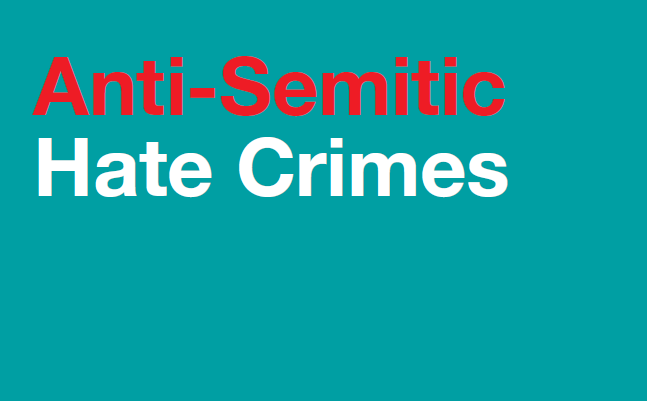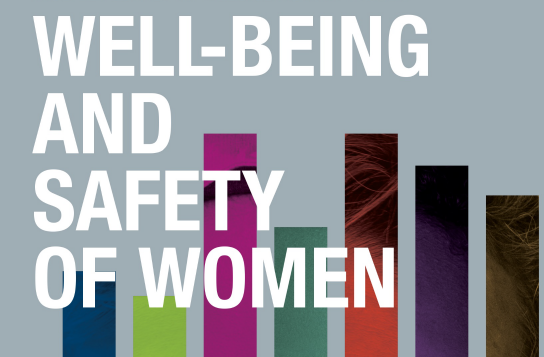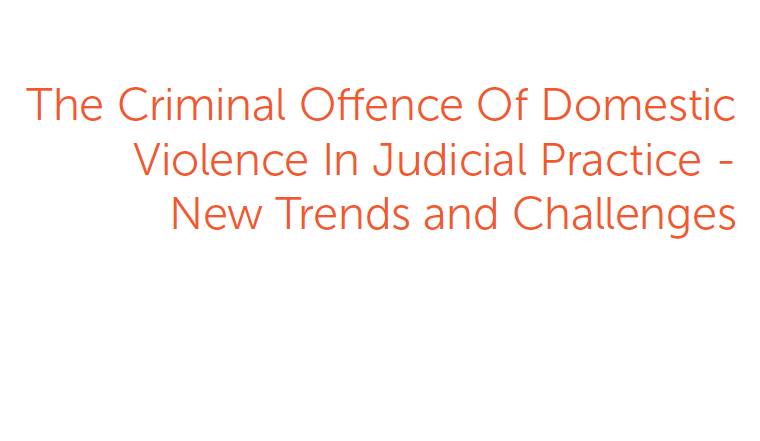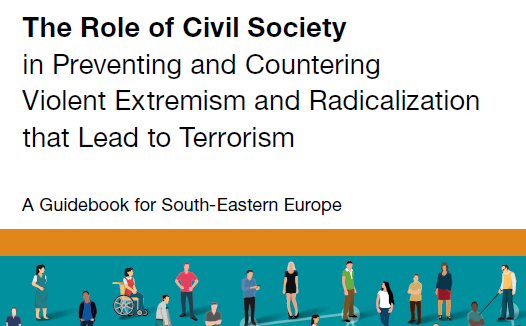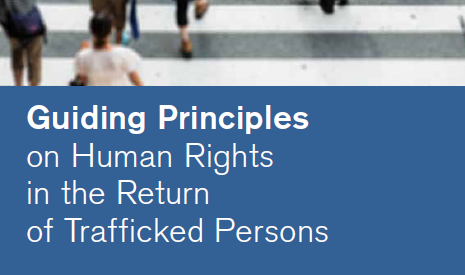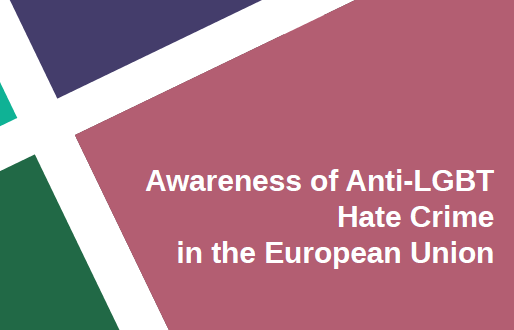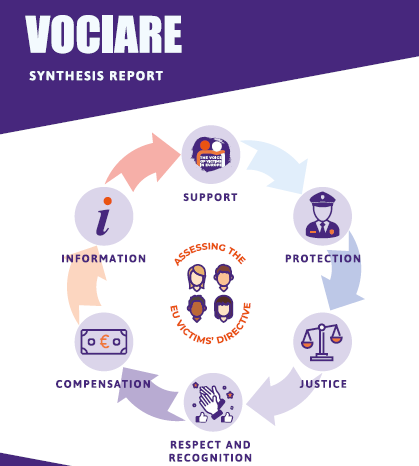For a quick search in the Knowledge database below, please use the search box. Also, note that using one or more of the dropdown filters will optimise your search.
Watch this video to find out more about our Knowledge Database and the publications we have collected here for you: video
Knowledge Database
-
Well-being and Safety of Women: Main Report
OSCE | Published in 2019
This report presents the cross-regional, comparable findings of the OSCE-led Survey on the Well-being and Safety of Women, which was implemented in 2018 in Albania, Bosnia and Herzegovina, Montenegro, North Macedonia and Serbia, Moldova and Ukraine. The research was also conducted in Kosovo. The OSCE-led survey included a quantitative and qualitative component and was undertaken with the goal of providing comparable data on different forms of violence women experience in their childhood and throughout the course of their lives. The research examined violence that women experience in conflict and non-conflict settings, as well as the impact violence has on women, including its lasting consequences. Questions on norms and attitudes connected to violence against women were asked to better understand the underlying causes of violence. The area covered by this research is diverse and has different historical, social and economic contexts. Rather than focusing on the findings from particular locations, the report aims to provide an overview of women’s experiences and to highlight the issues – often similar – that persist and continue to hamper the well-being and safety of women throughout the area covered by the research.
Keywords: children, domestic violence, gender based violence, victimisation, violence -
Anti-Semitic Hate Crimes
Anti-Semitism has affected Jewish communities for millennia, and found its most brutal expression in the Holocaust, during which millions of Jews were murdered. Despite the lesson of this horrific event, anti-Semitism continues to plague Jewish communities to this day, from conspiracy theories to violent attacks. Too often, this intolerance can morph into hate crimes against Jews. The impact of these crimes can be that Jewish individuals fear attending worship services, wearing religious attire or symbols, or abstain from identifying publicly as Jews either culturally or in religious identity. Anti-Semitism affects not only Jews, but society as a whole. Its existence underscores wider trends of intolerance towards other groups, and everyone has a role to play in countering this and all forms of intolerance.
Keywords: bullying, discrimination, hate crime -
Well-being and Safety of Women: Experiences of Disadvantaged Women
OSCE | Published in 2019
Violence against women and girls also occurs in times of conflict, and certain groups of women may be at a heightened risk of violence. The OSCE has commissioned this qualitative and quantitative study in order to shed light on the prevalence of different forms of violence against women and girls (VAWG) in non-conflict and in conflict-affected settings, and among different sociodemographic groups, in selected OSCE participating States: Albania, Bosnia and Herzegovina, Montenegro, North Macedonia, Serbia, Moldova and Ukraine. The research was also conducted in Kosovo. The main results of the study, which should be read alongside this report, were published in March 2019.
Keywords: children, domestic violence, gender based violence, gender inequality, victimisation -
The Criminal Offence Of Domestic Violence In Judicial Practice – New Trends and Challenges
OSCE | Published in 2018
The publication The Criminal Offence of Domestic Violence in Judicial Practice - New Trends and Challenges is a result of scientific research conducted with the aim of understanding changes in the phenomenology of the criminal offence of domestic violence in Serbia, recording the key challenges in the functioning of the mechanism of criminal justice protection against domestic violence, establishing the degree of its effectiveness and efficiency, and identifying changes and current trends based on the comparison with the results of previous research.
Keywords: domestic violence, gender based violence, justice, victims' rights -
The Role of Civil Society in Preventing and Countering Violent Extremism and Radicalization that Lead to Terrorism
OSCE | Published in 2018
The guidebook reflects an explicit regional focus on South-Eastern Europe. Challenges unique to the region and examples of emerging good practice are highlighted. A second iteration of this publication will be developed for the countries of Central Asia. This guidebook is one in a planned series of regionally focused guidebooks by the ATU on challenges in developing and implementing effective programmes on P/CVERLT. This guidebook and the forthcoming publications may prove to be valuable resources for policymakers and practitioners across the OSCE area who are working to foster inclusive approaches to peace and security.
Keywords: prevention, terrorism, victimisation, violence -
Guiding Principles on Human Rights in the Return of Trafficked Persons
OSCE | Published in 2014
These present guiding principles are intended for use by state authorities and civil society bodies, as well as inter-governmental organizations in the OSCE region involved in developing, applying, evaluating and reforming national laws, policies and practices related to trafficking, in particular to the return of trafficked persons. They provide the target audience with guidance that can be used to direct policies, procedures and practices on the return process, as well as an overview of relevant international standards. The guiding principles can also serve as an advocacy tool for civil society organizations that support a rights-based approach to combating trafficking.
Keywords: human trafficking, humanitarian, victims' rights -
Awareness of Anti-LGBT Hate Crime in the European Union
Call it Hate | Published in 2019
The Call It Hate project works across borders with civil society, public authorities and the general public to discern awareness of anti-LGBT hate crime, recognition of the need to report, and to empower victims to access the support services for hate crime victims to which they are entitled, including under the Victims’ Rights Directive of the EU (2012/29/EU). ILGA-Europe is proud to be an Associate Partner of the Call It Hate project, and is glad to support the crucial work it does towards making Europe a safer place for LGBTI people.
Keywords: hate crime, LGBTQ, victimisation, victims' rights -
Running through hurdles: Obstacles in the access to justice for victims of anti-LGBTI hate crimes
Come Forward | Published in 2018
By reviewing the legal and policy frameworks and analyzing the institutional deficiencies in reporting and recording anti-LGBTI hate crime and access to victim support in ten EU countries, the report sheds much needed light on the obstacles to the accessing justice faced by victims of anti-LGBTI hate crimes in the EU. Specifically, the report responds to the following key questions: (1) Why is the number of reported anti-LGBTI crimes in Europe so low? (2) What are the barriers to reporting? (3) How are victims’ rights protected? (4) What do states do to encourage victims and witnesses to come forward? (5) How are police, NGOs and support services prepared to deal with anti-LGBTI hate crimes? (6) What regional differences in the response to anti-LGBTI hate crime can be observed?
Keywords: bullying, hate crime, justice, LGBTQ, support -
Victims of Crime Implementation Analysis of Rights in Europe (VOCIARE): Synthesis Report
VSE, APAV | Published in 2019
Project VOCIARE: Victims of Crime Implementation Analysis of Rights in Europe aimed at studying the practical implementation of the Victims’ Directive at the national level, and to assess whether its implementation has been contributing to this priority. The present Synthesis Report compiles information from a total of 26 National Reports and presents the main findings of these joint and European-wide research effort.
Keywords: compensation, justice, referral, support, victim services, victimisation, victims' rights -
Victims of Crime Implementation Analysis of Rights in Europe (VOCIARE): Sweden
FRIDA WHELDON | Published in 2019
This report aims to assess the practical implementation of the Victims’ Directive in Sweden. The viewpoint of Sweden regarding the implementation of the Directive was to identify the minimum changes Sweden needed to undertake to fulfil the articles and individual rights. Sweden did not take the opportunity to review the manner in which victims are generally treated in Sweden and how services to victims are delivered by agencies, organisations and others in contact with victims. Rather, attention was given to whether there were any areas where Sweden did not quite meet the standards of the Directive. As a result, very few changes have taken place in Sweden as part of the transposition of the Directive.
Keywords: compensation, justice, support, victim services, victimisation, victims' rights

